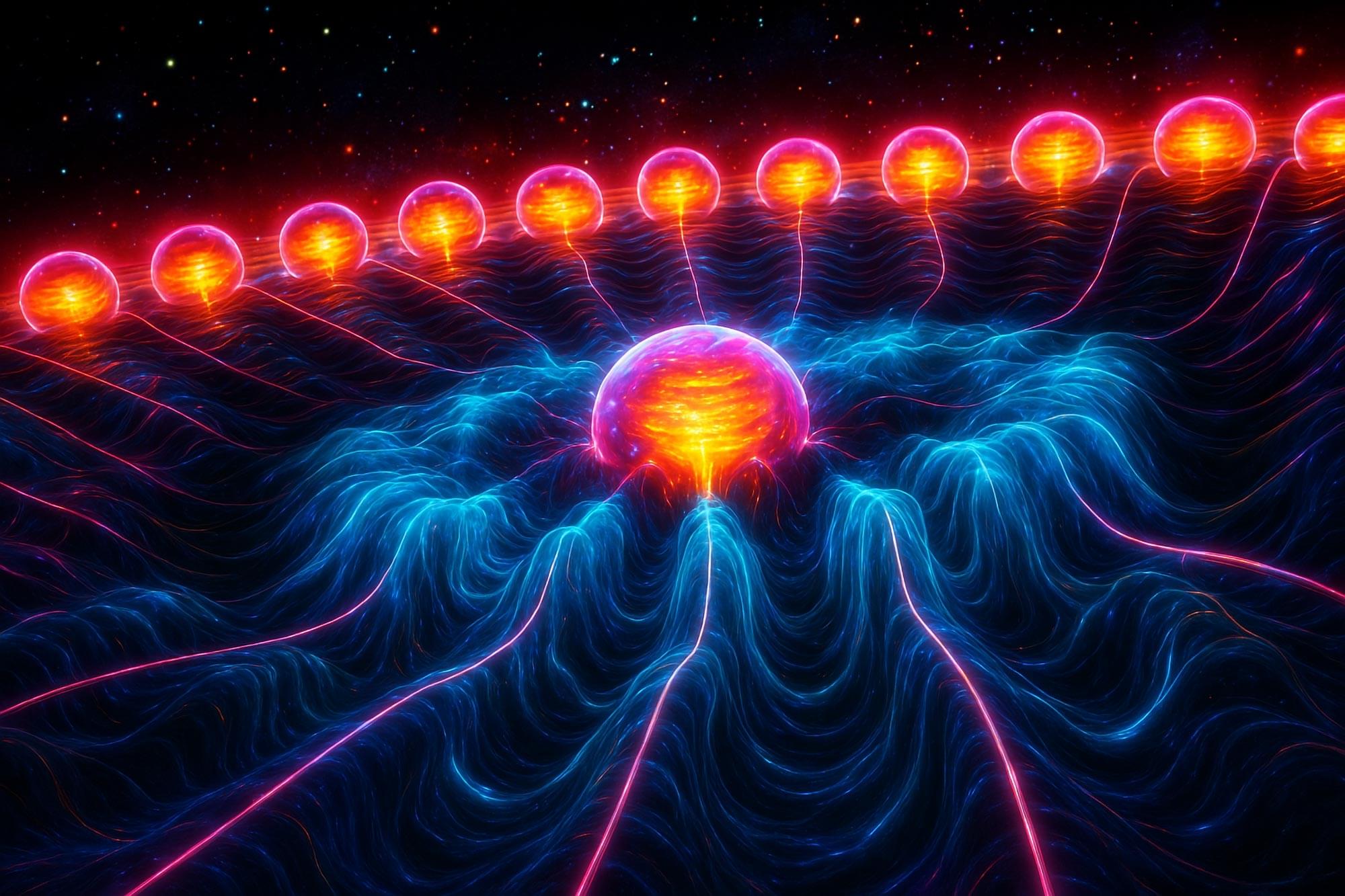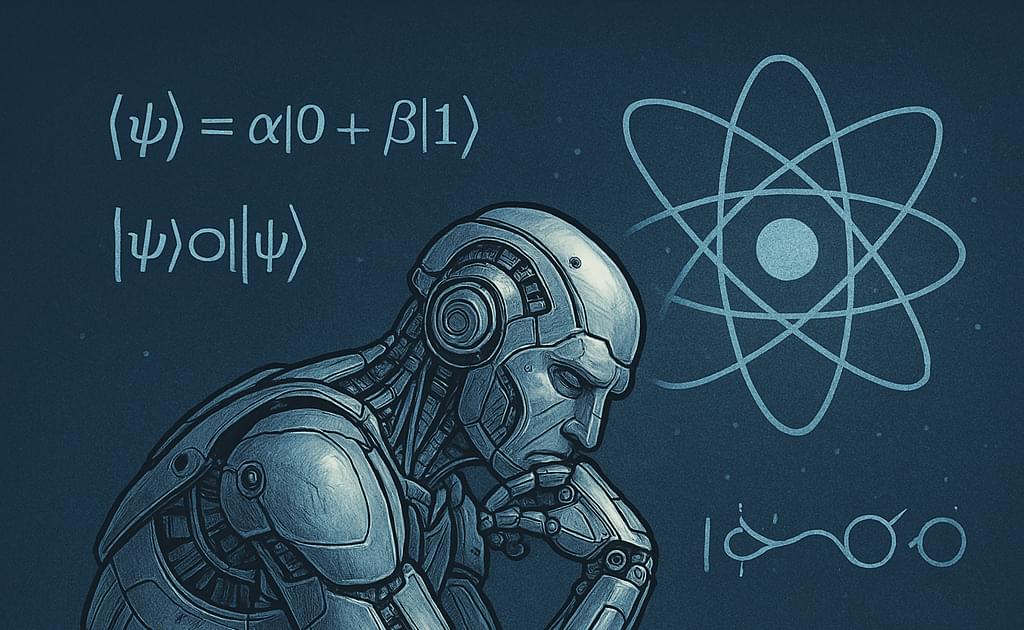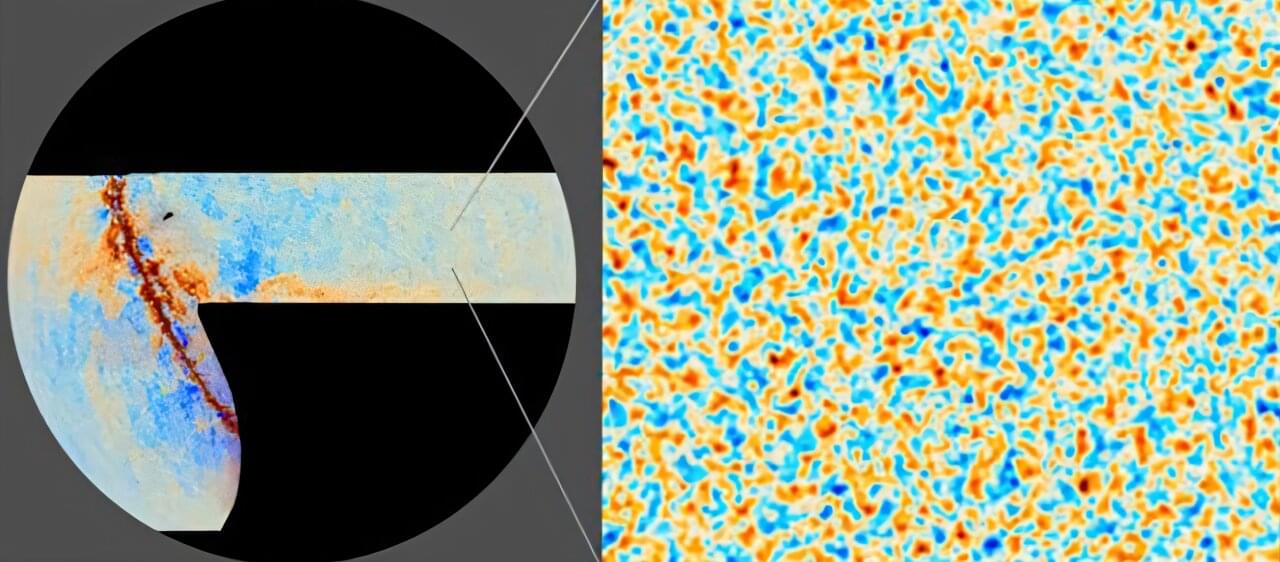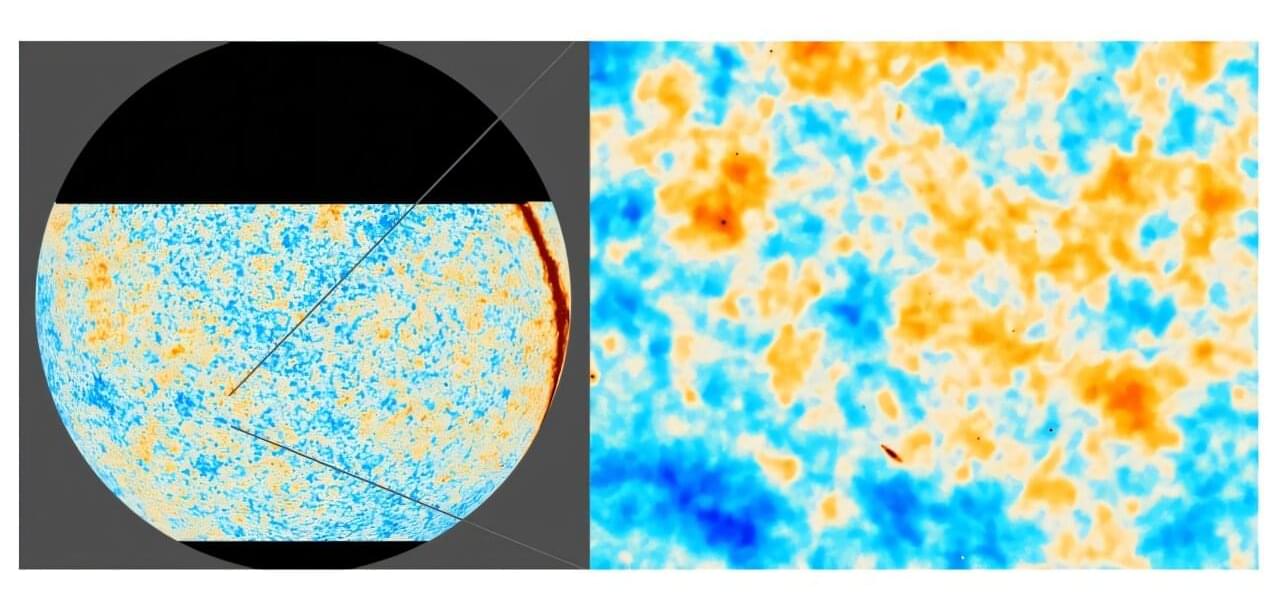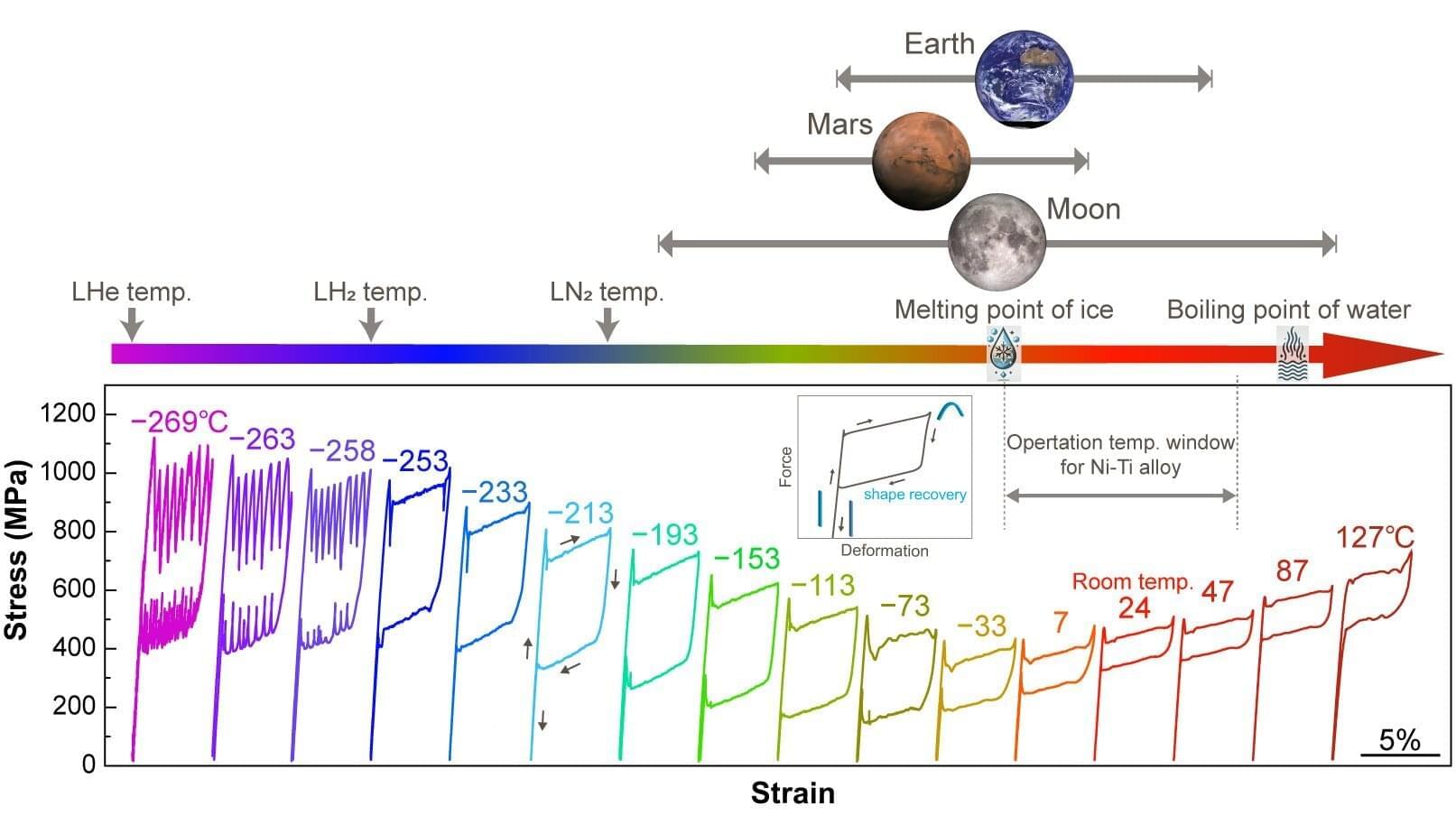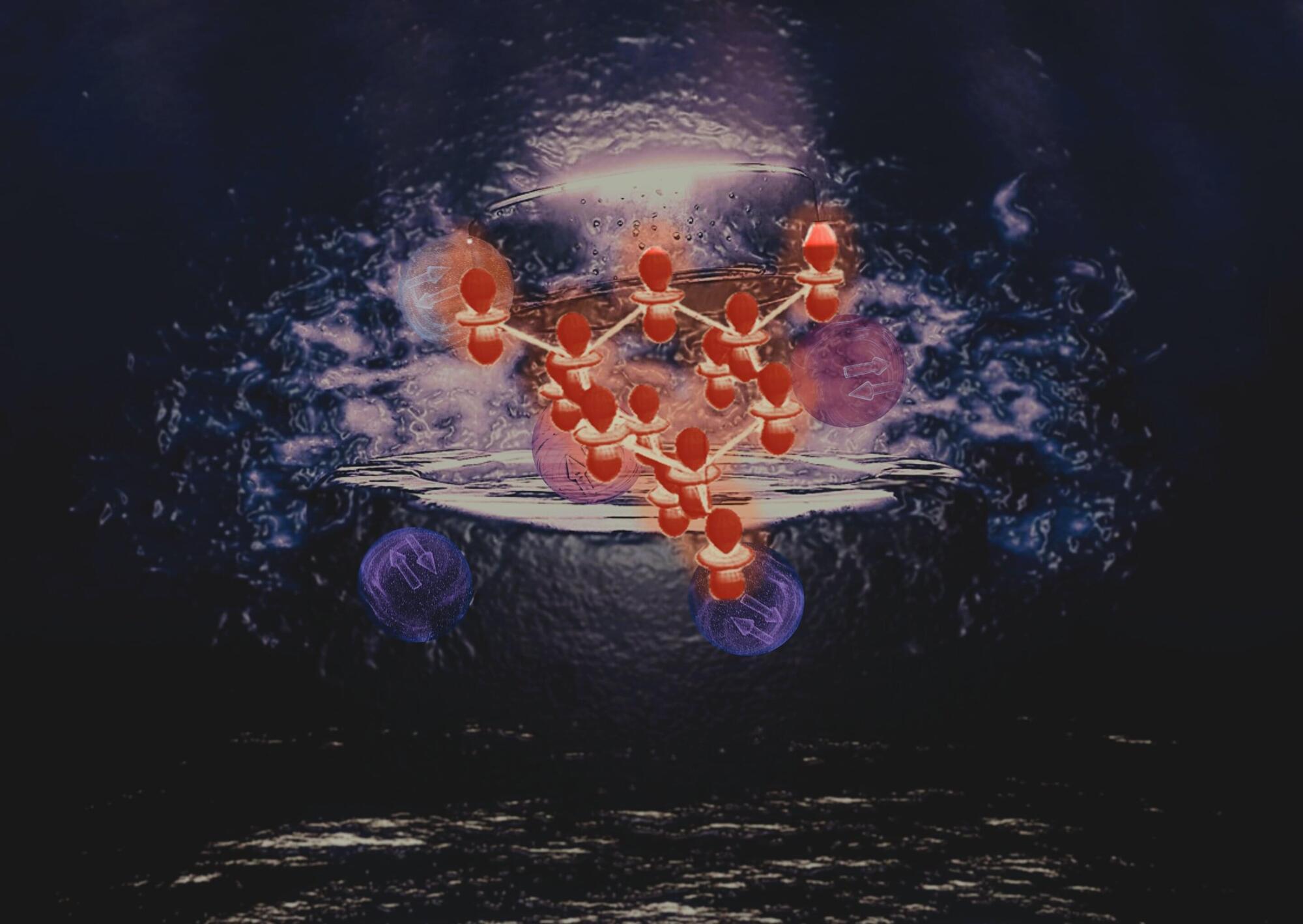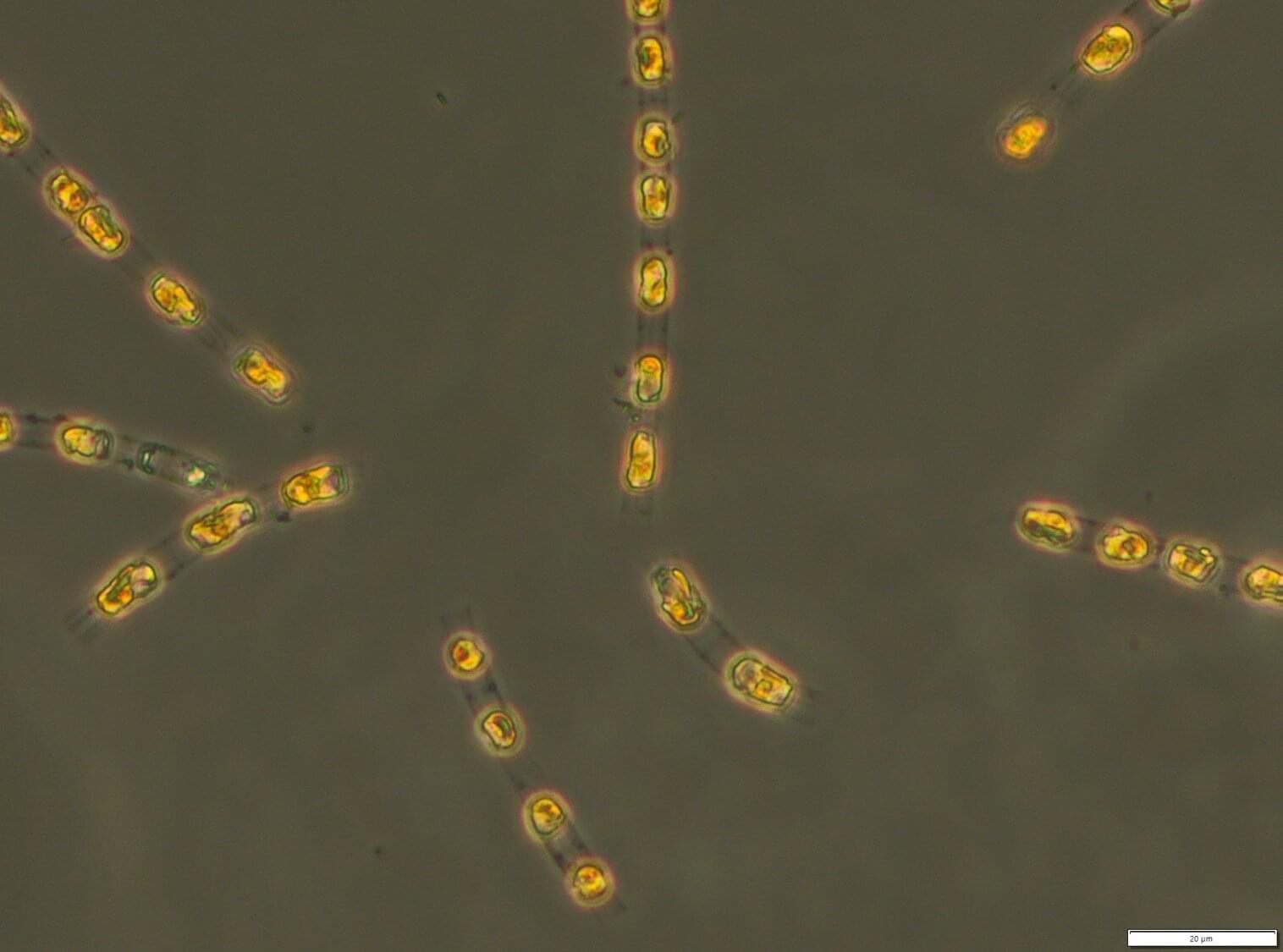Superconductivity is a quantum phenomenon, observed in some materials, that entails the ability to conduct electricity with no resistance below a critical temperature. Over the past few years, physicists and material scientists have been trying to identify materials exhibiting this property (i.e., superconductors), while also gathering new insights about its underlying physical processes.
Superconductors can be broadly divided into two categories: conventional and unconventional superconductors. In conventional superconductors, electron pairs (i.e., Cooper pairs) form due to phonon-mediated interactions, resulting in a superconducting gap that follows an isotropic s-wave symmetry. On the other hand, in unconventional superconductors, this gap can present nodes (i.e., points at which the superconducting gap vanishes), producing a d-wave or multi-gap symmetry.
Researchers at the University of Tokyo recently carried out a study aimed at better understanding the unconventional superconductivity previously observed in a rare-earth intermetallic compound, called PrTi2Al20, which is known to arise from a multipolar-ordered state. Their findings, published in Nature Communications, suggest that there is a connection between quadrupolar interactions and superconductivity in this material.
